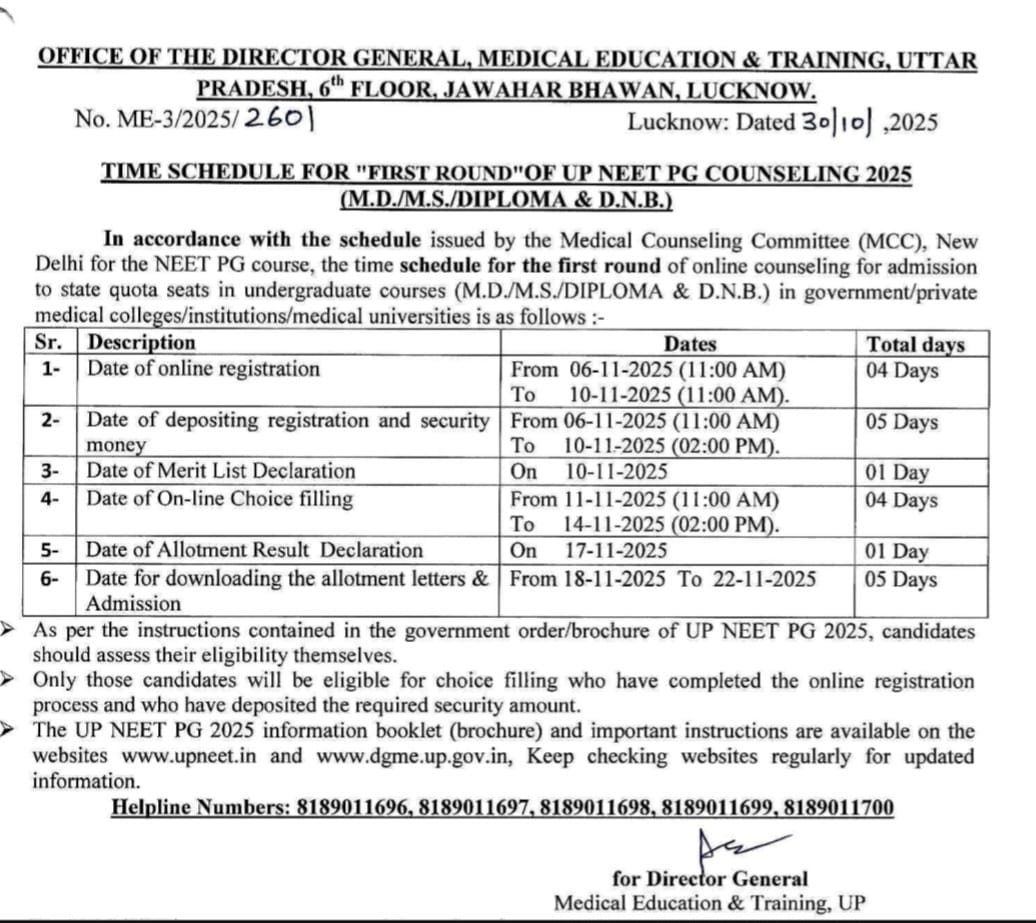The Joint Entrance Examination (JEE) Mains is one of the most prestigious and competitive entrance exams in India. It opens doors to some of the country's top engineering institutes, including the Indian Institutes of Technology (IITs), National Institutes of Technology (NITs), and many other prestigious colleges. For aspiring engineering students, acing the JEE Mains is a crucial step in the journey toward a successful career in technology and innovation.
In this blog, we’ll cover the JEE Mains 2026 exam details, including important dates, exam pattern, syllabus, and some essential tips and tricks to help you succeed.
JEE Mains 2026 Exam Overview
The JEE Mains 2026 exam will be conducted by the National Testing Agency (NTA). It will be held in two sessions, typically in January and April. The exam is held in a Computer-Based Test (CBT) format and is conducted in multiple shifts across various cities in India and abroad.
Important Dates for JEE Mains 2026
Below is a table outlining the tentative exam dates for JEE Mains 2026:
| Event | Date |
|---|---|
| Release of JEE Mains 2026 Notification | 31 October 2025 |
| Online Application Form Release | 31 October 2025 |
| Last Date to Submit Application | 27 January 2026 |
| JEE Mains 2026 Session 1 Exam Date | 27 to 31 January 2026 ( |
| JEE Mains 2026 Session 2 Exam Date | April 2026 (tentative) |
| JEE Mains 2026 Result Declaration | January/April 2026 (tentative) |
Note: These dates are tentative and will be confirmed by NTA closer to the exam dates. Always keep an eye on the official JEE Mains website for any updates.
JEE Mains Exam Pattern 2026
The JEE Mains 2026 exam will be conducted in a Computer-Based Test (CBT) mode, consisting of two papers: Paper 1 (for B.Tech/B.E.) and Paper 2 (for B.Arch/B.Planning). The exam pattern for Paper 1 (B.Tech/B.E.) is as follows:
| Aspect | Details |
|---|---|
| Mode of Examination | Computer-Based Test (CBT) |
| Duration | 3 Hours |
| Type of Questions | Multiple Choice Questions (MCQs) and Numerical Value-based Questions |
| Total Questions | 90 Questions (30 in each subject) |
| Subjects | Physics, Chemistry, Mathematics |
| Marking Scheme | +4 for each correct answer, -1 for each incorrect answer |
| Total Marks | 300 Marks |
JEE Mains 2026 Syllabus
The syllabus for JEE Mains 2026 is primarily based on the NCERT curriculum for Classes 11 and 12. The subjects included in the exam are:
Physics
Mechanics: Laws of Motion, Work, Energy and Power, Rotational Motion, Gravitation, etc.
Thermodynamics: Laws of Thermodynamics, Heat and Work, Heat Transfer
Electromagnetism: Electrostatics, Current Electricity, Magnetic Effects of Current, Electromagnetic Induction
Optics and Waves: Reflection and Refraction, Wave Optics, Sound Waves, etc.
Chemistry
Physical Chemistry: Mole Concept, States of Matter, Thermodynamics, Chemical Kinetics
Inorganic Chemistry: Periodic Table, Coordination Compounds, P-Block Elements
Organic Chemistry: Hydrocarbons, Functional Groups, Biomolecules
Mathematics
Algebra: Complex Numbers, Quadratic Equations, Matrices and Determinants
Calculus: Limits, Derivatives, Integrals, Differential Equations
Coordinate Geometry: Straight Lines, Circles, Parabolas
Trigonometry: Trigonometric Identities, Equations, Heights and Distances
The detailed syllabus can be found on the official JEE website, and it is essential to stick to it while preparing.
Tips and Tricks for JEE Mains 2026
Understand the Exam Pattern
Before diving into the preparation, make sure you fully understand the exam pattern. Knowing the type of questions (MCQs and numerical-based) and the marking scheme helps you strategize your approach and manage time during the exam.
Master the Syllabus
Stick to the JEE Mains syllabus, focusing on the major topics in Physics, Chemistry, and Mathematics. Do not deviate into unnecessary topics; ensure that your foundation is strong in each subject.
Time Management is Key
With a large syllabus and a strict time frame, effective time management is essential. Create a study schedule and allocate time for each subject. Divide your time based on the weightage of each chapter.
Solve Previous Year Papers
Solving previous years' question papers is one of the best ways to understand the exam format, question types, and difficulty level. It will also help you become familiar with time constraints and identify areas where you need improvement.
Take Mock Tests Regularly
Taking mock tests will help you gauge your progress and pinpoint weak areas. It will also help you manage exam stress and improve your time efficiency.
Revise Regularly
Revision is crucial in JEE preparation. Allocate the last month before the exam for focused revision. Review your notes, formula sheets, and practice problems.
Stay Calm and Focused
It's easy to get overwhelmed by the pressure, but staying calm and focused is crucial. Avoid last-minute cramming. Stay confident in your preparation and trust your abilities.
Focus on Concepts
JEE Mains tests your understanding of fundamental concepts, so focus on clearing your concepts rather than memorizing formulas. A strong conceptual understanding will help you tackle even the trickiest problems.
Healthy Lifestyle
It's important to maintain a healthy lifestyle while preparing. Get enough sleep, eat well, and take breaks during long study sessions. A healthy body and mind are vital for peak performance.
The JEE Mains 2026 exam will be a critical event for aspiring engineers across the nation. Proper planning, discipline, and a well-structured approach to preparation will ensure that you perform your best. While the road to success may seem challenging, it’s important to stay motivated, focused, and persistent.
Keep track of the official notifications, stay consistent with your studies, and use the tips and strategies mentioned above to give yourself the best chance of success in JEE Mains 2026. Best of luck!


